A few years back, Entropy magazine had a column on mini-syllabi which I devoured; I loved being a student again for a few minutes. And eventually, I couldn’t resist writing a shortened version of one of my favorite courses—Prose by Poets. I’m sad that both the magazine and the mini-syllabi archive are now gone, so I’m reviving it here.
If you’re looking for some wonderful books to dig into this fall, I recommend an immersion in prose by poets. And if you just want a little bit of poets’ prose—some excerpts so you can decide whether you want to read the books—well, that’s where the mini-syllabus comes in.
Try a little bit of prose by Lorca, or a few sentences by Tsvetaeva. You can always get the books later on.
Federico Garcia Lorca, author of In Search of Duende.
Course Description
Some of the most powerful prose of the 19th and 20th centuries was written by poets. In this class, we’ll look at outstanding essays, book-length nonfiction, and prose-y meditations by major poets from Russia, Spain, the Caribbean, Canada, and the United States. We’ll consider what makes these writers such ardent believers in the idea of a global culture, and in a world of literature that transcends place and time.
We’ll investigate how each of these writers simultaneously describes an era and location – and seeks to escape it. We’ll pay special attention to how each writer discusses questions of literary quality and immortality, and we’ll explore how each viewed the relationship between the act of writing and the challenge of living a moral life. Finally, we’ll think about how and why poetry and nonfiction feed, inspire, and sustain each other.
Book list:
***Joseph Brodsky, Less than One***
“As failures go, attempting to recall the past is like trying to grasp the meaning of existence.”
Who can resist a sentence like that?
And since many students don’t have the book yet during the first week, here’s a PDF of the title essay “Less Than One”—though I promise you will not regret owning this book.https://www.amherst.edu/system/files/media/0305/Brodsky%252520Less%252520Than%252520One.pdf
Don’t take my word for it. According to The Guardian, “If there’s an essential essay collection, it’s this one.” https://www.theguardian.com/books/2011/oct/11/less-than-one-joseph-brodsky-review
The poet Joseph Brodsky was a rather fantastic essayist.
Sometimes a single essay is worth the price of the book. Brodsky’s masterful 50-page essay on Auden’s “September 1, 1939”—the highlight of Less Than One— is not online, but this New York Times Book Review piece mentions it. https://www.nytimes.com/1986/05/06/books/books-of-the-times-637686.html
Reading that essay on a single Auden poem is a course in itself. In that line-by-line reading of that great poem; you can feel how he knew Auden deeply. After Brodsky was expelled from the Soviet Union, Auden invited him to his country house outside Vienna. (Imagine that conversation!)
“I'm neither a refugee, nor a refu-Jew," Brodsky told Time magazine at the time. "I'm not bitter or angry about what happened to me. I see it as a test of my ability to endure." https://content.time.com/time/subscriber/article/0,33009,877752,00.html
***Joseph Brodsky, Watermark**
This is a book you can simply float in. Later editions are called Watermark: An Essay on Venice. I’m always amazed at how few people have read it, considering how many tourists flood Venice each year. As always, Brodsky excels at the sentence level.
“I always adhered to the idea that God is time…,” he writes, in an excerpt from Watermark on the Nobel Prize website: https://www.nobelprize.org/nobel_prizes/literature/laureates/1987/brodsky-prose.html
***Louise Glück, Proofs and Theories***
“The fundamental experience of the writer is helplessness,” is how this book begins. Yet this book is the opposite of helplessness—it is a powerful instruction on how to write an essay around what you do not think and do not believe.
I own two copies. A PDF of the first essay can be found here: https://www.keble.ox.ac.uk/wp-content/uploads/TPE-Seminar-2.pdf
***Federico García Lorca, In Search of Duende***
“I heard an old maestro of the guitar say: ‘The duende is not in the throat: the duende surges up, inside, from the soles of the feet.’ Meaning, it’s not a question of skill, but of a style that’s truly alive: meaning, it’s in the veins: meaning, it’s of the most ancient culture of immediate creation.”
I love re-reading Lorca in September. For a taste, try “Theory and Play of the Duende” by Lorca, translated by A.S. Kline: https://www.poetryintranslation.com/PITBR/Spanish/LorcaDuende.php
***Mark Strand, The Weather of Words***
“For some of us, the less said about the way we do things the better. And I for one am not even sure that I have a recognizable way of doing things, or if I did that I could talk about it. I do not have a secret method of writing, nor do I have a set of do's and don'ts.”
This book has so many treats, including a workshop as a short opera.
Excerpt:
https://www.penguinrandomhouse.com/books/174461/the-weather-of-words-by-mark-strand/9780375709708/
***Marina Tsvetaeva, Art in the Light of Conscience***
It’s impossible for me to say how much I love this difficult, beautiful book. For the uninitiated, Brain Pickings offers a fragment of Tsvetaeva’s prose:
https://www.brainpickings.org/2016/12/22/marina-tsvetaeva-art-in-the-light-of-conscience/
Marina Tsvetaeva, in 1914.
And here, Tsvetaeva’s famous “Poem of the End”—about the last phases and end of a passionate love affair—is the subject of The Guardian’s Poem of the Week feature:
https://www.theguardian.com/books/booksblog/2008/jun/02/poemoftheweek41
Last but not least, this lovely take on translating Marina Tsvetaeva by Mary Jane White: https://odessareview.com/translating-marina-tsvetaeva/
Derek Walcott, from the interview page for the Nobel Prize: nobelprize.org/prizes/literature/1992/walcott/25106-interview-transcript-1992/
***Derek Walcott, What the Twilight Says***
This is Derek Walcott’s first collection of essays; the essays are mostly about other poets and their work.
“The average face, the average voice, the average life—that is, the life most of us lead, apart from film stars and dictators—had never been defined so precisely in English poetry until Philip Larkin. He invented a muse: her name was Mediocrity.” His essay on Larkin: http://www.nybooks.com/articles/1989/06/01/the-master-of-the-ordinary/
Part of Walcott’s essay on Joseph Brodsky in English translation—including his comments on the “kind of translation that turns Doctor Zhivago into Omar Sharif” – is also up at NYRB online….the full essay is in What the Twilight Says: http://www.nybooks.com/articles/1988/11/24/magic-industry/
And now, Google Books makes it all available. https://www.google.com/books/edition/What_the_Twilight_Says/eBQ_BAAAQBAJ?hl=en&gbpv=1&printsec=frontcover
The first sentence of the collection truly captures Derek, who was my teacher—and how important the stage was to him.
***Walt Whitman, Leaves of Grass: Poetry and Prose***
I like my very old used copy of Whitman’s ecstastic ravings on democracy, but now there is a Library of America version.
The Library of America has an online note on this book, including commentary on Whitman’s prose. “Whitman’s prose is no less extraordinary. Specimen Days and Collect (1882) includes reminiscences of nineteenth-century New York City that will fascinate readers in the twenty-first, notes on the Civil War, especially his service in Washington hospitals, and trenchant comments on books and authors. Democratic Vistas (1871), in its attacks on the misuses of national wealth after the Civil War, is relevant to conditions in our own time...” https://www.loa.org/books/76-poetry-prose
Whitman’s long essay “Democratic Vistas” is available online, and I think everyone should read it, even though it takes a long time to absorb. “Democracy too is law, and of the strictest, amplest kind.” And of course: “Did you, too, O friend, suppose democracy was only for elections, for politics, and for a party name? “http://xroads.virginia.edu/~hyper/whitman/vistas/vistas.html
Final Thoughts
What’s incredible about reading Joseph Brodsky on Soviet-era totalitarianism and Walt Whitman on democracy—and all of these great poets’ prose—is how contemporary all of it seems, rereading it now. You may find yourself saying—”what century is this, anyway?”
************************************************************************************************************
I hope you enjoyed this newsletter. Thank you for your support of writing with depth.




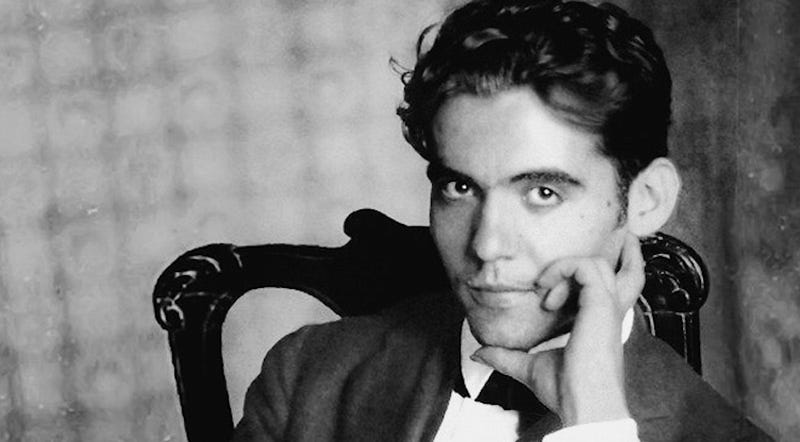


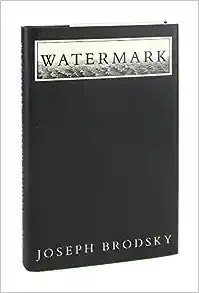

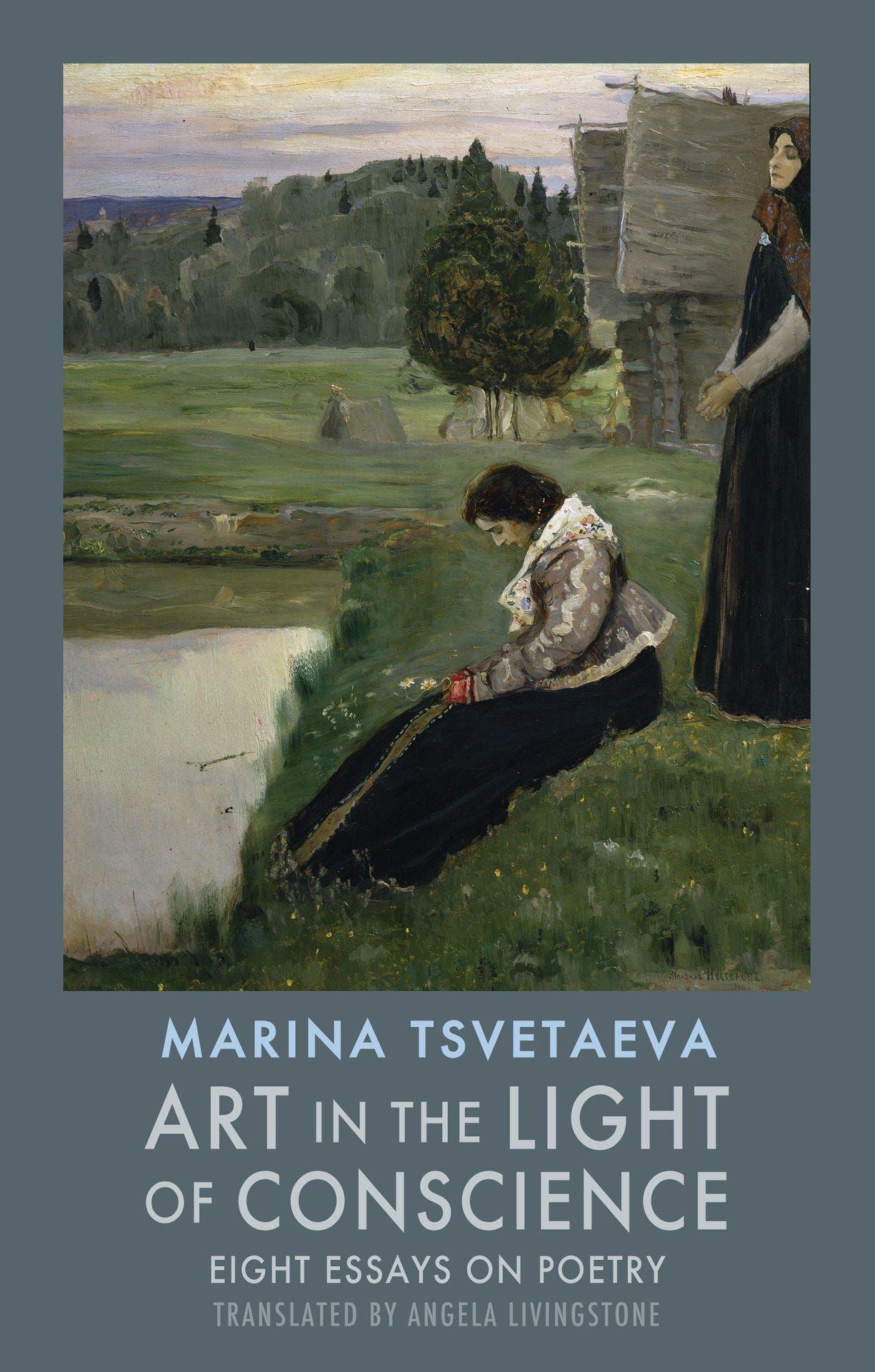

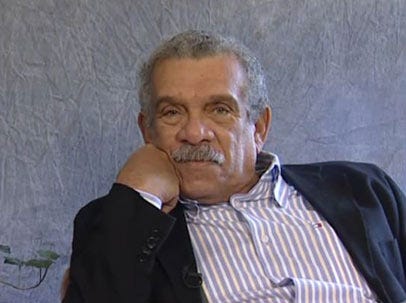
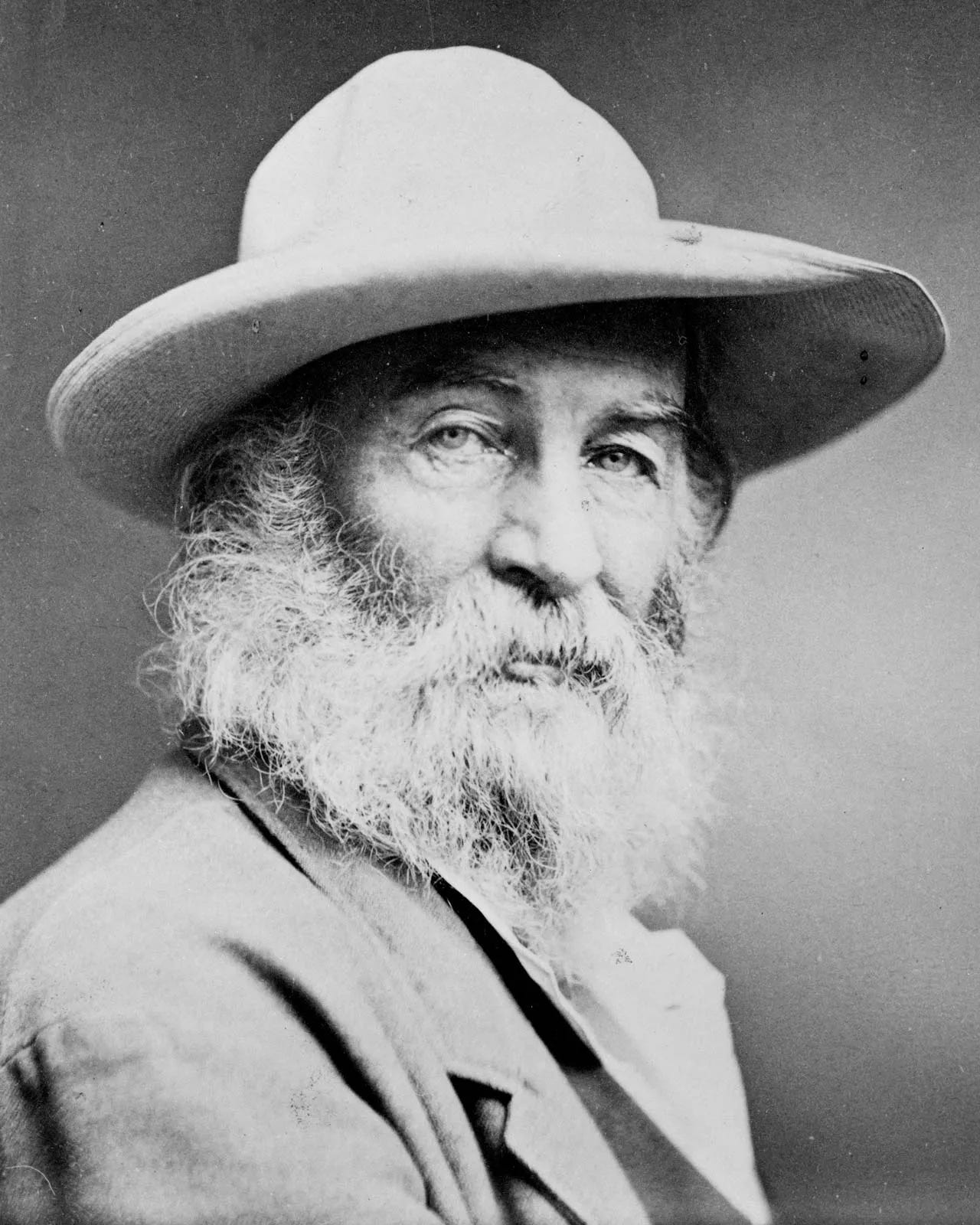
Great post - I'm excited to read these. My dad was just telling me that Brodsky's essay on Auden is a master class in poetry reading. Some other favorites of mine in the "prose by poets" genre are Robert Hass - Twentieth Century Pleasures, Jane Hirschield - Nine Gates, and a lot of essays by Milosz.
Great issue of this thing-blog?